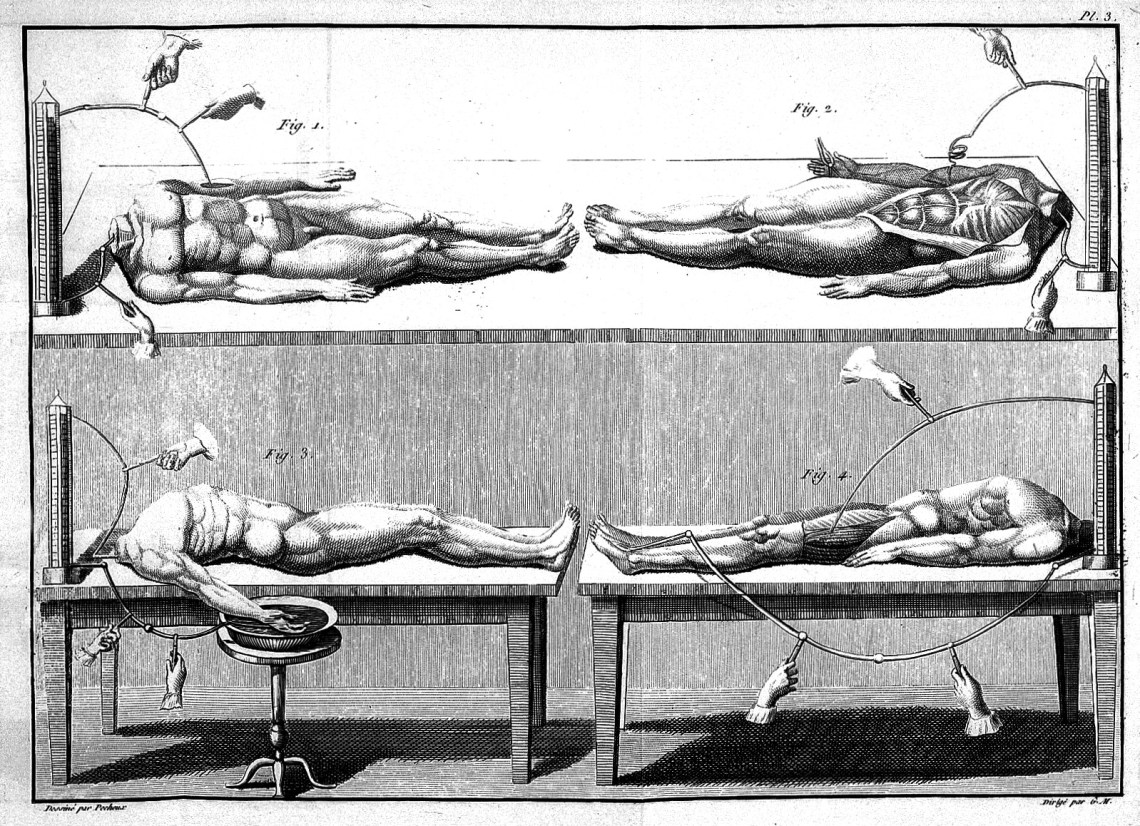Yesterday I wrote about electric charge and its confusing meanings (here). I had intended to write about voltage and current today, but after a discussion with Mary Whitehouse @MaryUYSEG and a troubled night’s sleep, I’ve decided to write about the word electricity instead. Much of the information in this blog is taken from Iwan Rhys Morus’s (@irmorus1) brilliant book: Shocking Bodies.
Among physicists, the word electricity has lost it’s usefulness. Instead, it is rather a nuisance: an idea with a colourful past. But that past is glorious.

The word electrical was first used by Thomas Browne in Norwich to mean insulators which can be charged by rubbing (like amber – the word electrum is Latin for amber). Here is Browne’s list of bodies electrical:
Now, although in this rank but two were commonly mentioned by the ancients [amber and jet], Gilbertus discovereth many more; as diamonds, sapphires, carbuncles, iris, opals, amethysts, beryl, crystal, Bristol stones, sulphur, mastic, hard wax, hard resin, arsenic, sal-gemma, roche alum, common glass, stibium, or glass of antimony. Unto these, Cabeus addeth white wax, gum elemi, gum guaiaci, pix hispanica, and gypsum. And unto these we add gum animi, benjamin, talcum, china-dishes, sandaraca, turpentine, styrax liquida, and caranna dried into a hard consistence.
It is much harder to obtain these substances in Norwich today.
While philosophers developed the concept of electricity, showmen quickly realized the potential for drama: the shocks, the sparks, the electrickery. Many of the philosophers adopted the showmen’s circus style, entertaining friends and society with electric kisses, dangling boys and electrocuting turkeys for thanksgiving.

Then came Galvani’s twitching frogs legs and animal electricity. Galvani’s nephew toured Europe, making the recently executed twitch and open their eyes. The idea that electricity was linked to life was used by radicals in the early 19th century to sermonise against God and the natural order.

Then there were the quacks and medical charlatans with their electropathic belts and Pulvermacher’s Galvanic bath chains….

So, it is a relief that the word electricity has fallen into disuse in modern physics, fit only as the title for courses. It is not a word for children to use.

Did you mean “electical” without the r. Just wondering …
LikeLike
Nope! Thanks for the spot!
LikeLike
I think this is a useful restatement of the following: “If when you use the word ‘electricity’ are able to replace it with ‘electrical science’ and there is no loss of meaning, carry on (else, stop).”.
LikeLike